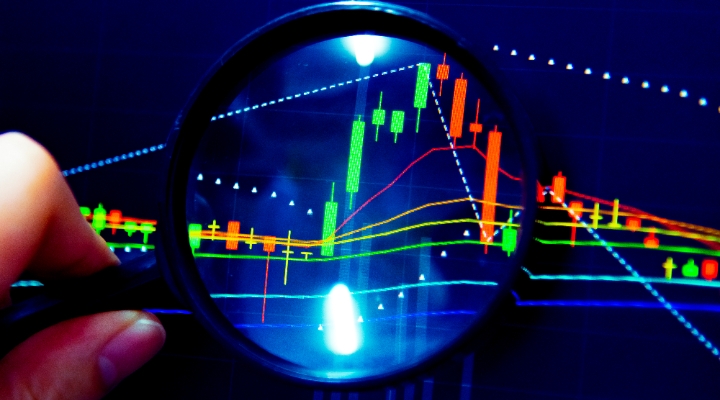
Navigating an ever-expanding fund universe can be tricky.
From January 2023 to November 2023, Morningstar's Medalist Rating covered over 135,000 funds globally across more than 400,000 share classes.
That's why investors need to be able to respond to the unique combination of increased funds, the exponential rise of available data, and continuously shifting investor demands. The way to do this? Enhanced financial due diligence and best-in-class manager research.
What is Financial Due Diligence?
Financial due diligence (or investment due diligence) refers to the process of investigation and analysis conducted before capital is allocated.
During these due diligence checks, investors will assess the different aspects of a fund to identify factors that might impact whether an investor would like to invest, such as potential risks, opportunities, or ESG considerations.
Why is Financial Due Diligence Important?
Due diligence checks are a vital part of the investment process.
Depending on where you are based in the world, there may be regulatory requirements you need to satisfy during the investment process. Failure to comply could result in a fine or disciplinary action. For example, the European Union's Sustainable Finance Disclosure Regulation (SFDR) requires financial market participants to disclose how sustainability risks are considered throughout the investment process, so good due diligence is a key requirement. Additionally, many jurisdictions have strict Know Your Client (KYC) rules as part of their due diligence process.
There is no sure-fire method for determining success, but identifying and mitigating potential risks through due diligence checks is one of the most effective strategies.
Going beyond financial statements, legal documents, and market trends, a comprehensive due diligence workflow can uncover red flags like liquidity mismatches, environmental concerns, or style drift. By unearthing these issues early, investors can avoid unintended consequences that could lead to significant losses.
Financial advisers have a fiduciary responsibility to act in the best interests of their clients. Through robust investment due diligence strategies, investors can identify funds that could be damaging to a client. For example, funds and companies that operate in a particularly volatile or controversial industry, use an unethical supply chain, or are embroiled in legal or high-profile scandals all have the potential to have negative repercussions on an investor.
Again, when done early and successfully, these due diligence checks help mitigate risks, but even more importantly, by providing a 360° overview of a fund, advisers can empower their clients to make informed decisions about how their capital is allocated and build trust with their clients.
Finally, financial due diligence allows advisers to ensure their clients' portfolios and philosophies are aligned. For example, as investors increasingly seek to tackle the effects of climate change through their investment portfolios (with more than 54% of individual investors planning to increase their sustainable investments in the coming year) asset managers must analyse funds' credentials to spot potential conflicts or greenwashing.
What Does Good Due Diligence Involve?
A cornerstone of the due diligence process is effective manager research. When assessing a fund, manager research plays a crucial role in understanding the skill, experience, and capabilities of the team managing those assets, and understanding their investment philosophy and processes alongside their approach to risk management and mitigation.
To conduct impactful manager research that aids the due diligence process, analysts need access to high-quality and transparent data. This data could be a mixture of qualitative indicators, such as the three Morningstar Pillars of People, Process, and Parent, or quantitative measures like performance and price (but remember, past performance is not predictive of future results).
When it comes to ESG considerations, funds that disclose climate-related risks and opportunities in line with the recommendations set out by the Taskforce on Climate-Related Financial Disclosures (TCFD) will provide investors with greater transparency.
The manager research and due diligence processes are complex and sophisticated, but any analyst worth their salt needs to be able to distil this information clearly and concisely.
That's why a good due diligence process will end with easy-to-follow reporting, pulling together all the data and research carried out on the various investment components, from risks and opportunities to ESG factors. For investors, these reports should leave little room for doubt or uncertainty, allowing them to make a fully informed decision about how their capital should be allocated.
How Morningstar Supports These Processes
It's no secret advisers and investors have a lot on their plate right now – from keeping up with the latest regulations to sourcing rigorous and up-to-date data all while building a robust portfolio that maximises returns.
That's where Morningstar comes in. In our Guide to Manager Research, we've compiled our latest insights and methodologies – including our proprietary ratings system – to help relieve some of the pressure on advisers and investors. Download your free copy today.








:quality(80)/cloudfront-us-east-1.images.arcpublishing.com/morningstar/Q7DQFQYMEZD7HIR6KC5R42XEDI.png)



















